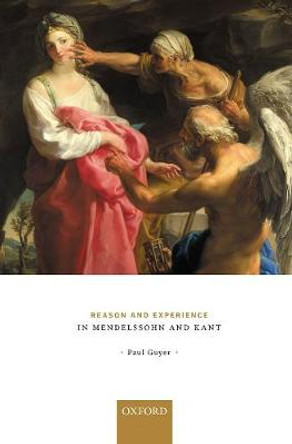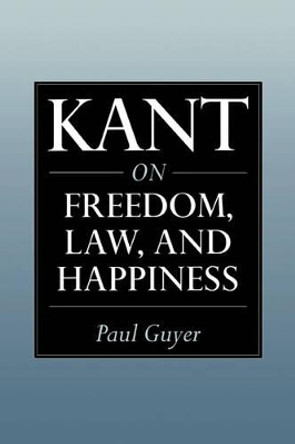This collection of essays by one of the preeminent Kant scholars of our time transforms our understanding of both Kant's aesthetics and his ethics. Guyer shows that at the very core of Kant's aesthetic theory, disinterestedness of taste becomes an experience of freedom and thus an essential accompaniment to morality itself. At the same time he reveals how Kant's moral theory includes a distinctive place for the cultivation of both general moral sentiments and particular attachments on the basis of the most rigorous principle of duty. Kant's thought is placed in a rich historical context including such figures as Shaftesbury, Hutcheson, Hume, Burke, Kames, as well as Baumgarten, Mendelssohn, Schiller, and Hegel. Other topics treated are the sublime, natural versus artistic beauty, genius and art history, and duty and inclination. These essays extend and enrich the account of Kant's aesthetics in the author's earlier book, Kant and the Claims of Taste (1979).
This collection of essays by one of the pre-eminent Kant scholars of our time transforms our understanding of both Kant's aesthetics and his ethics.Reviews'The overall theme of this superb collection (ten of Guyer's papers, half of them previously unpublished) concerns the complex of relations among Kant's views of art and aesthetic experience, the interests of morality and society in the latter, and more generally the connection between morality and human sensibility ... a major contribution to a study of both the ethics and the aesthetics.' Richard E. Aquila, The University of Tennessee
Book InformationISBN 9780521568333
Author Paul GuyerFormat Paperback
Page Count 468
Imprint Cambridge University PressPublisher Cambridge University Press
Weight(grams) 630g
Dimensions(mm) 227mm * 153mm * 25mm








